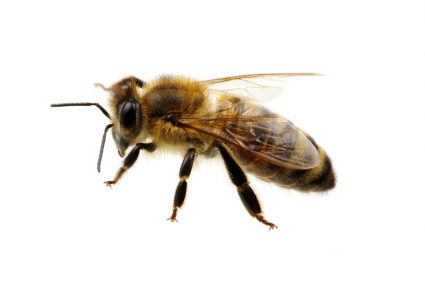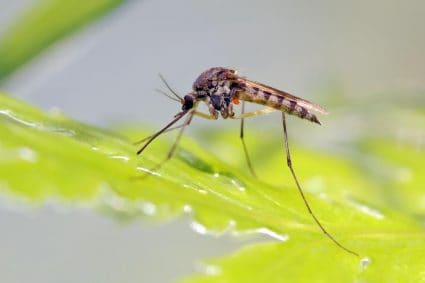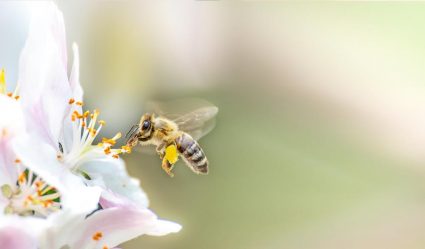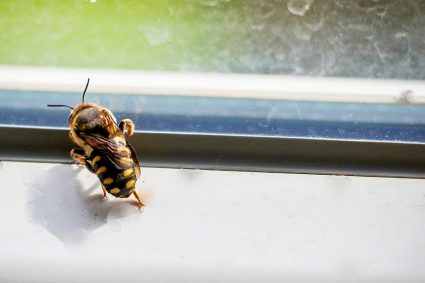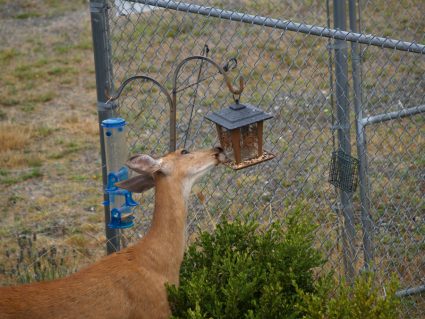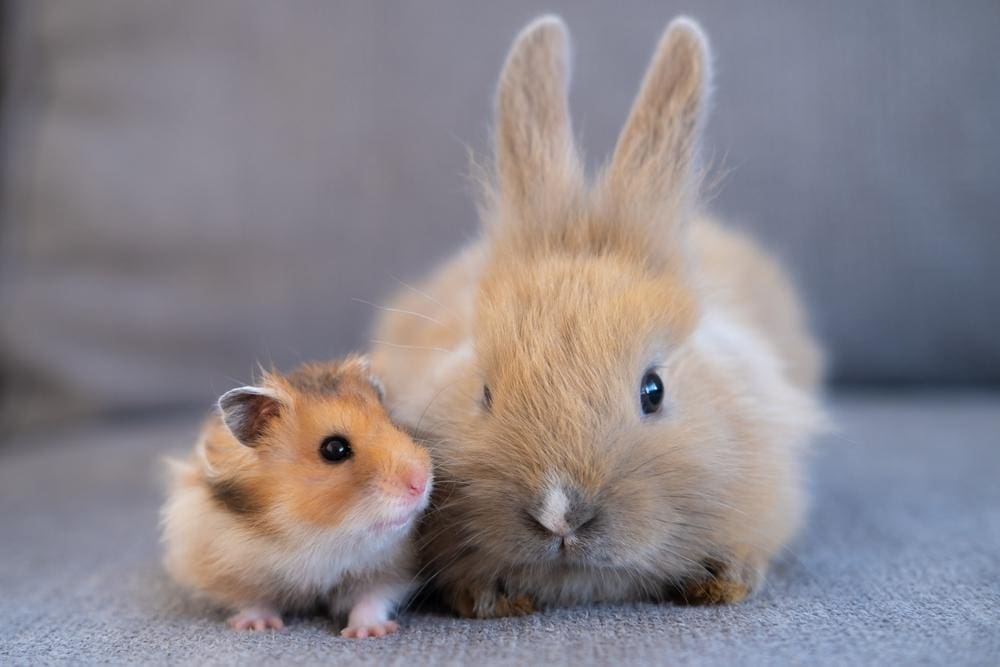
In the battle against pests, many home remedies have been suggested, and one of the most common is the use of soap. But does soap actually kill mice? The short answer is no. While soap may have some effects on mice, it is not a lethal or efficient method to control a mouse infestation. In this article, we will delve into the specifics of why soap is not an effective mouse deterrent and what are some scientifically-proven alternatives.
Soap does not kill mice. While certain ingredients in soap can be toxic to mice, the concentrations are generally too low to be lethal. Soap may cause digestive issues if ingested by mice, but it is not an efficient or effective method for controlling a mouse infestation.
Does Soap Contain Constituents That Are Toxic To Mice?
Soap can contain ingredients that may be toxic to mice. For instance, triclosan, an antibacterial ingredient found in many soap products, has been shown to cause chemically-induced liver tumors in mice exposed to it for a six-month period under controlled environments. However, in real-world settings, the concentration of triclosan mice would come into contact with is much lower.
Another ingredient that can be toxic to mice is lye. In its pure form, lye can be fatal to a mouse. However, the soap-making process neutralizes the harmful chemicals in lye, making it safe for mice.
How Does Soap Interact With The Physiology Of A Mouse?
When mice eat soap, it can cause digestive issues such as vomiting and diarrhea. However, soap ingestion is generally not fatal to mice. Mice may eat soap to fulfill their daily fat needs as soap is made of fats.
As for skin contact, there is limited information on how soap specifically affects mice. Some studies have shown that certain chemicals found in soaps, such as triclosan, can have negative effects on mice when absorbed through the skin.
The Myth of Soap As A Mouse Repellent
The scent of certain soaps, particularly Irish Spring soap, has been suggested to repel mice due to its strong fragrance. However, the effectiveness of using soap as a mice repellent is inconsistent and not scientifically proven.
Humane Alternatives to Control A Mouse Infestation
If soap is not a reliable method, there are several humane alternatives to control a mouse infestation:
- Rat-proofing: Seal up holes and entry points in your home to prevent mice from entering.
- Keep food and shelter away from mice.
- Non-lethal mouse traps.
- Natural mouse repellents: Use scents like peppermint, spearmint, or eucalyptus to deter mice.
- Ultrasonic mouse repellers: These devices emit high-frequency sound waves that are unpleasant for mice.
In conclusion, while soap may not have significant direct harmful effects on mice, it’s not an effective solution for deterring them. It is essential to implement proper rodent-proofing measures and maintain a clean environment to keep mice at bay.
Frequently Asked Questions
What are some other home remedies that are effective against mice?
Some effective home remedies against mice include using natural repellents like peppermint oil or cayenne pepper, using a mixture of flour and baking soda, or placing used cat litter near entry points. However, these methods may only deter mice and not completely solve an infestation problem. For serious infestations, professional pest control is recommended.
Can mice build a resistance to the high-frequency sounds emitted by ultrasonic mouse repellers?
Yes, mice can potentially build a tolerance to the high-frequency sounds emitted by ultrasonic mouse repellers over time. This is why it’s important to use a combination of different methods to control a mouse infestation.
Does soap harm other pests like insects or spiders?
Yes, soap can be harmful to many insects and spiders. When applied directly, soap can break down the protective exoskeleton of these pests, causing them to dehydrate and die. However, similar to mice, using soap as a main pest control method is not consistently effective or recommended.
Are there any risks to humans or pets from using soap as a pest deterrent?
Generally, using soap as a pest deterrent poses little to no risk to humans or pets. However, if pets ingest large amounts of soap, it could cause digestive issues similar to those seen in mice. Always keep soap out of reach from pets and children.
What are some signs of a mouse infestation?
Signs of a mouse infestation can include droppings, signs of gnawing, nests or nesting materials, a musky odor, and, of course, sightings of live or dead mice.

